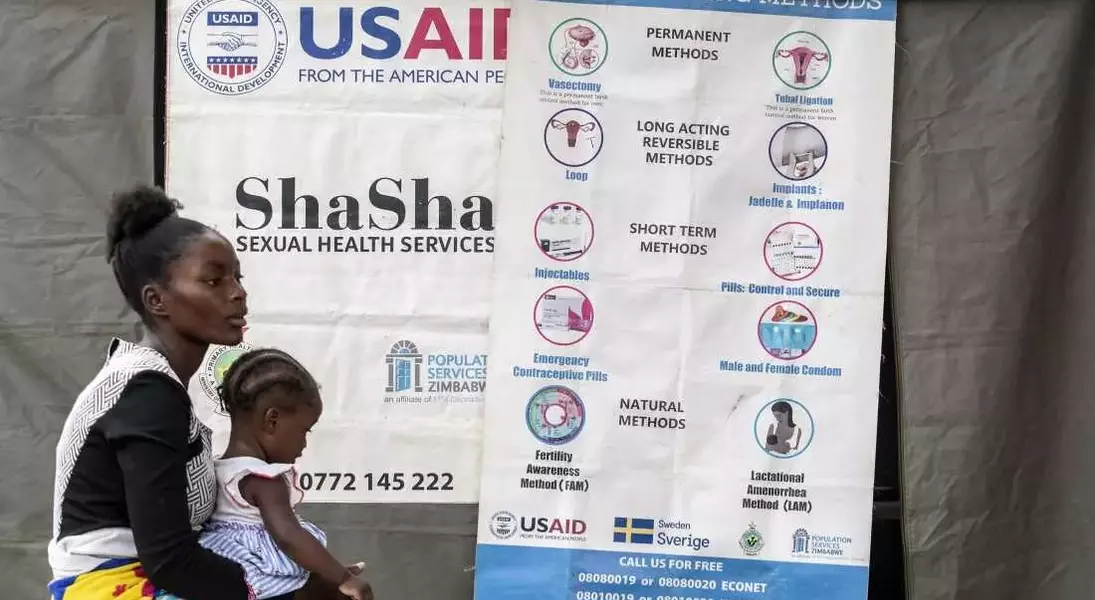

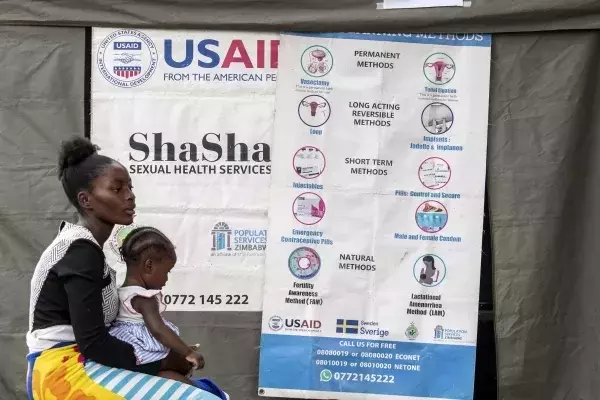
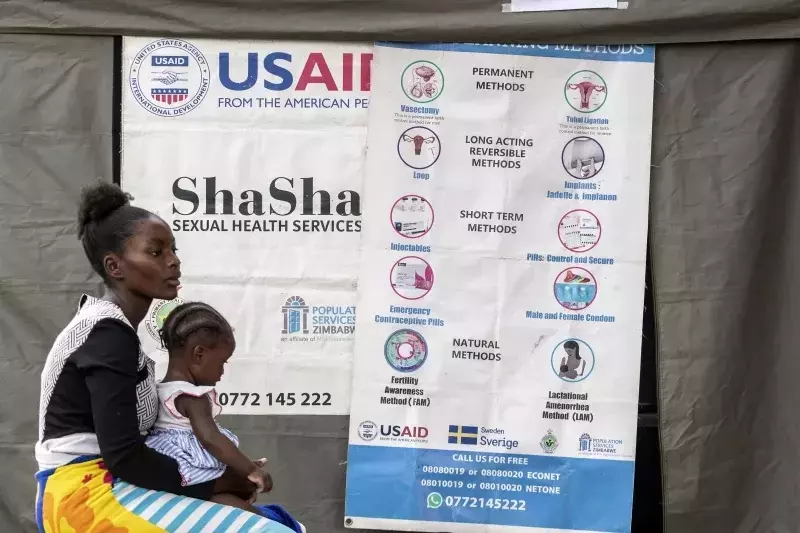
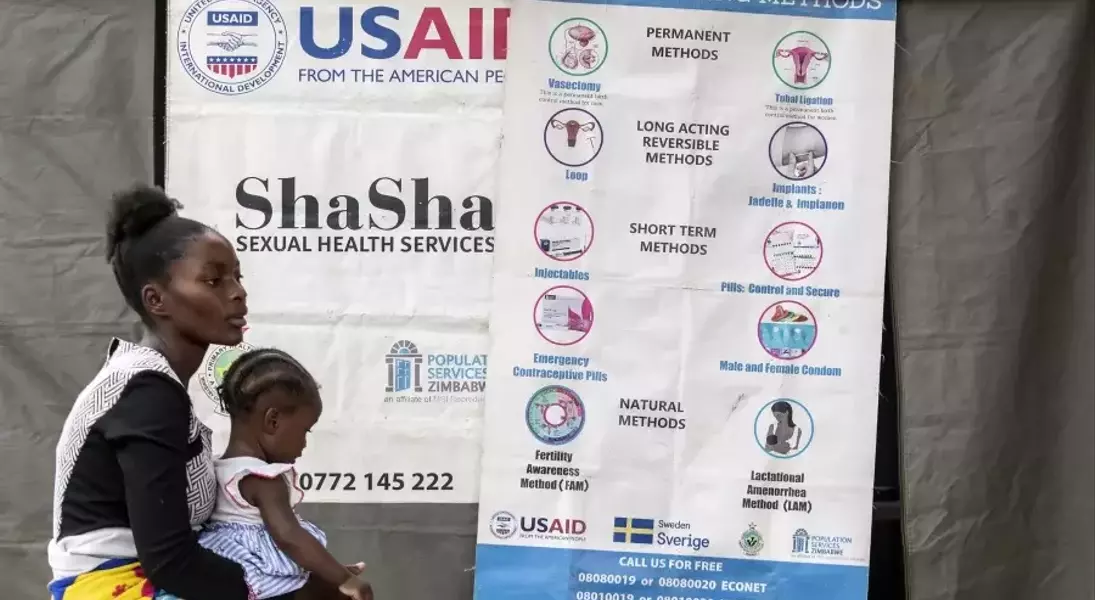
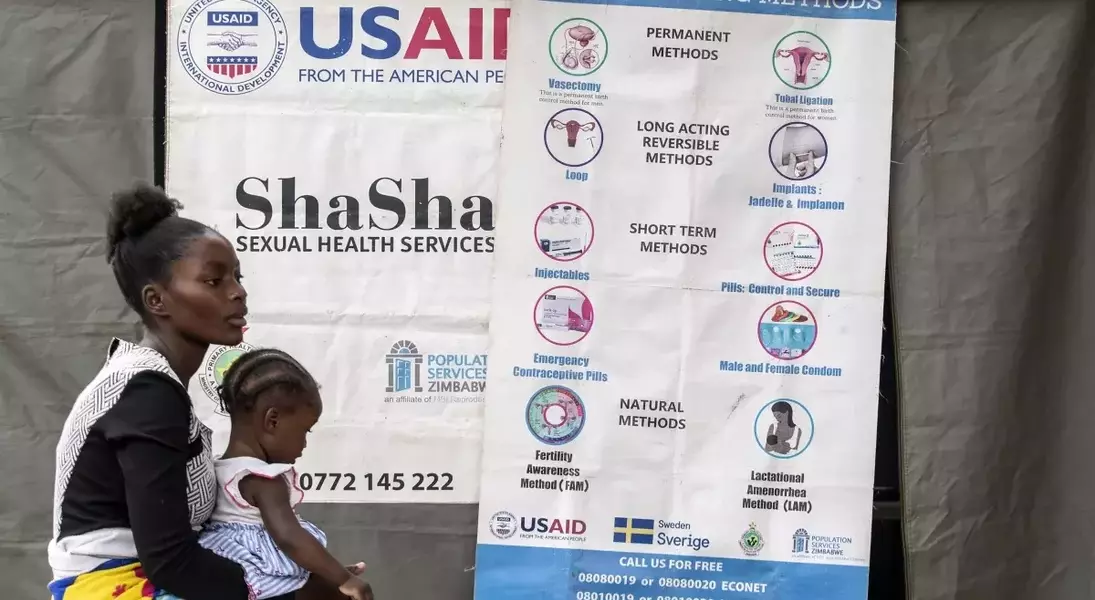
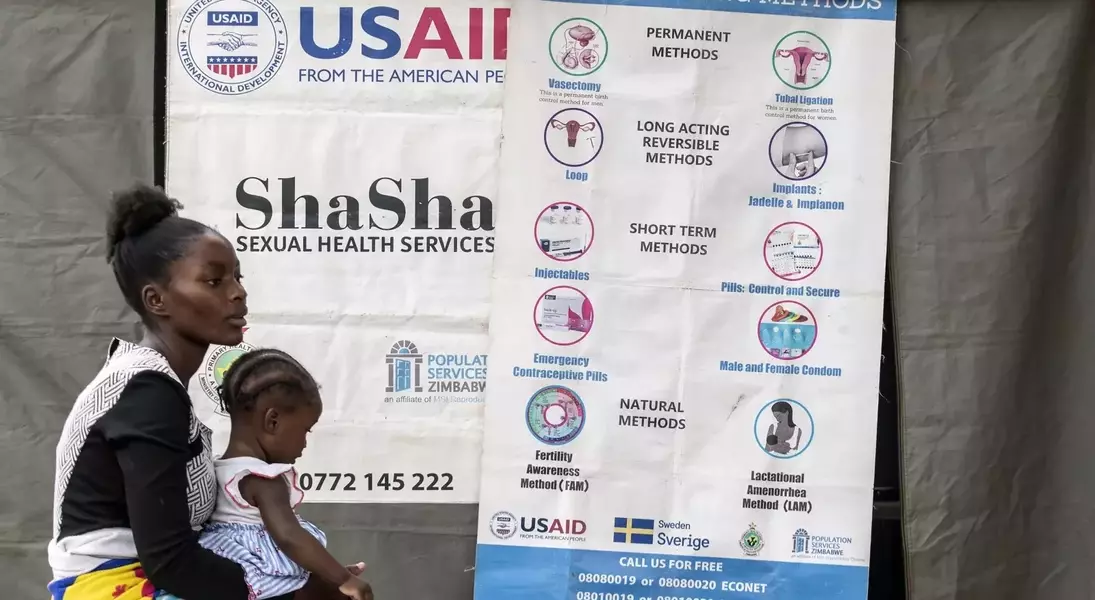
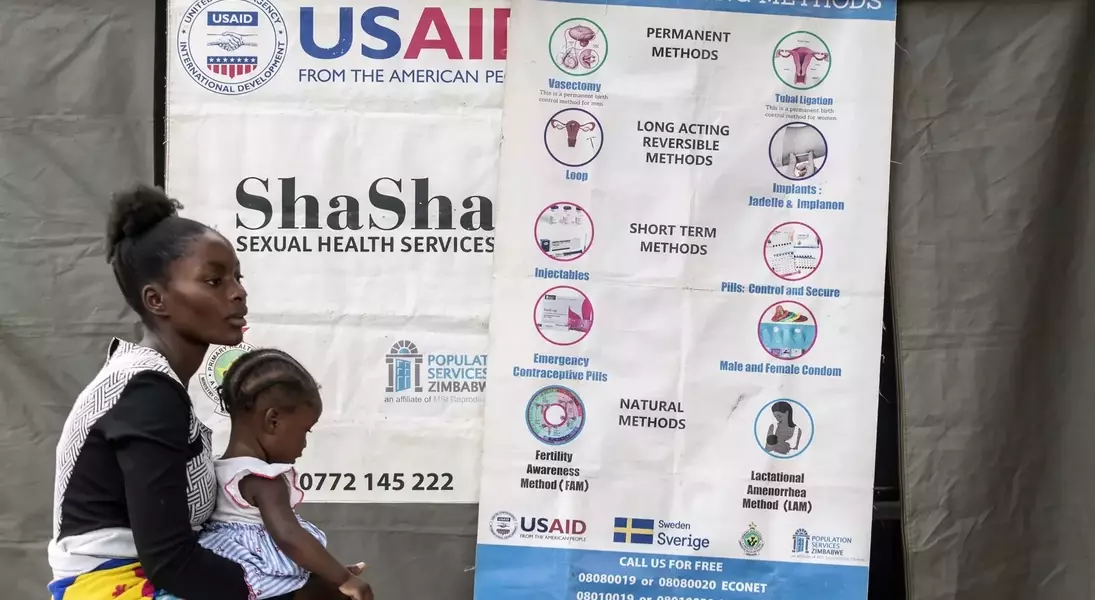
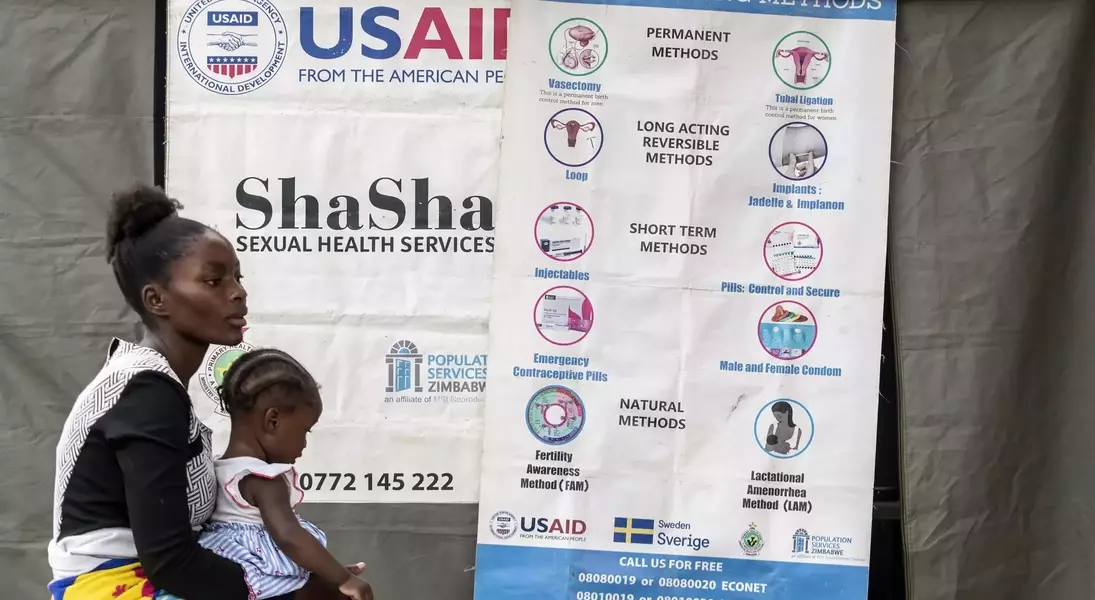

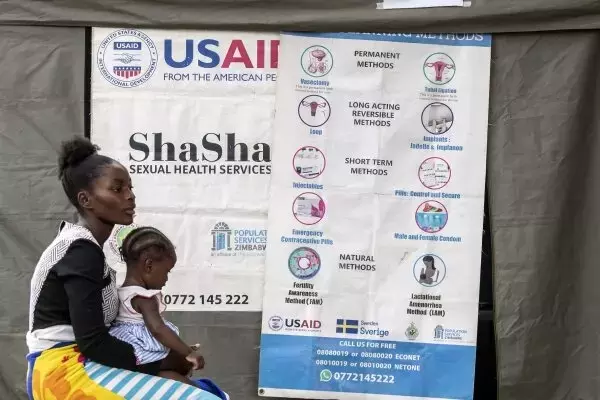
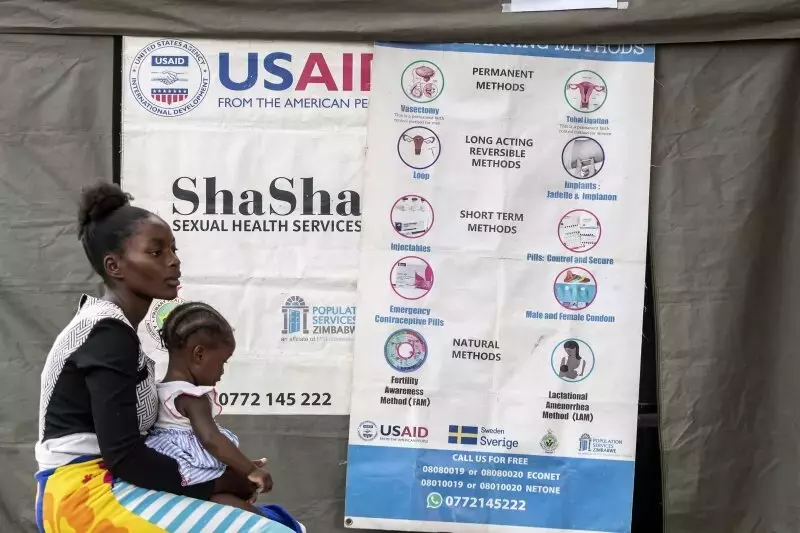
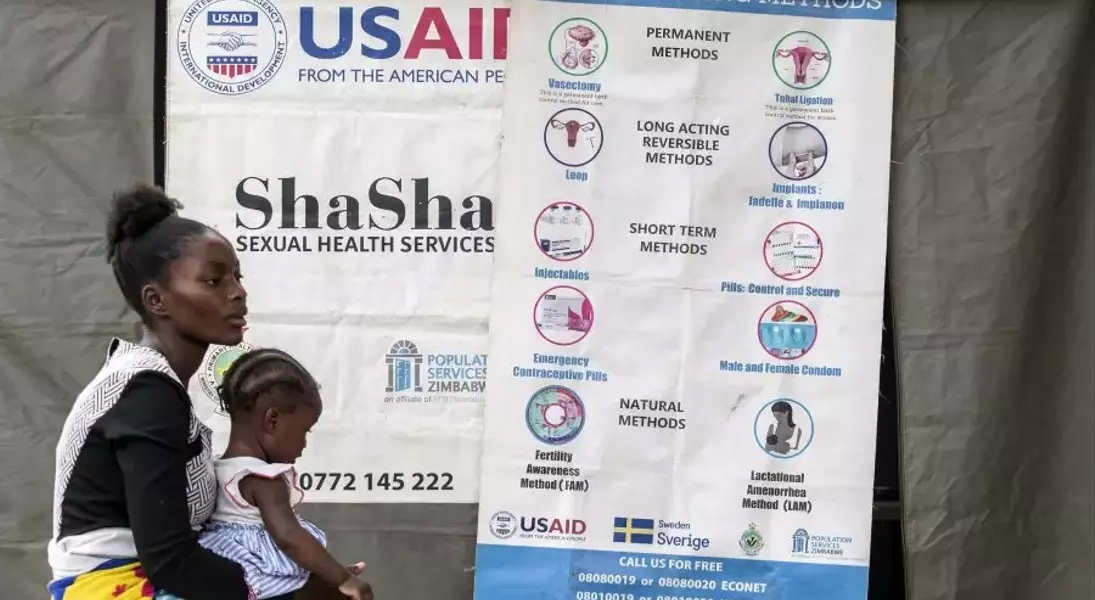
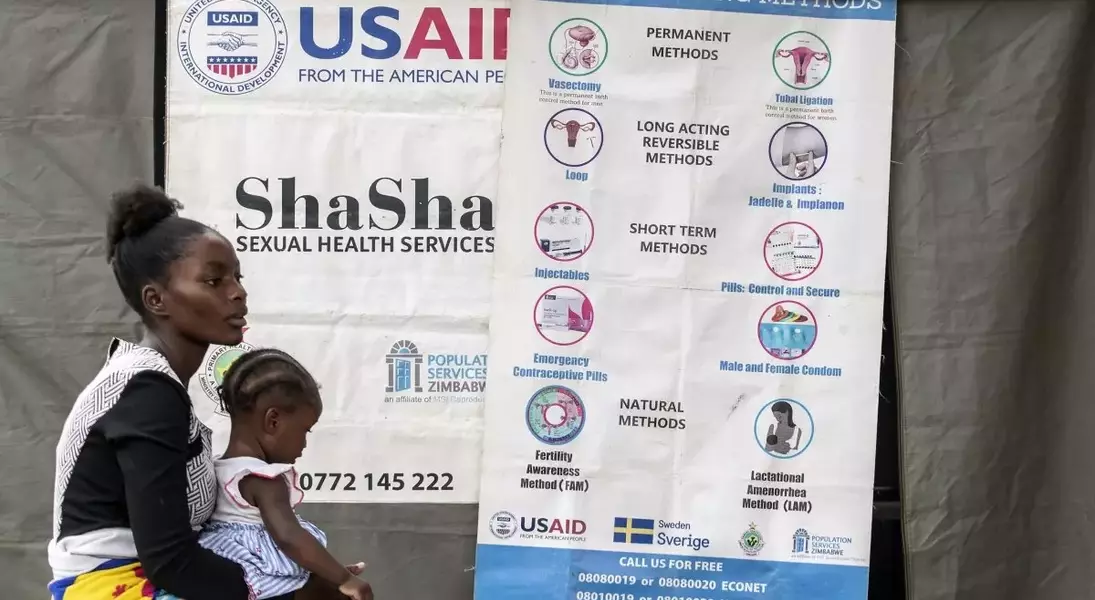
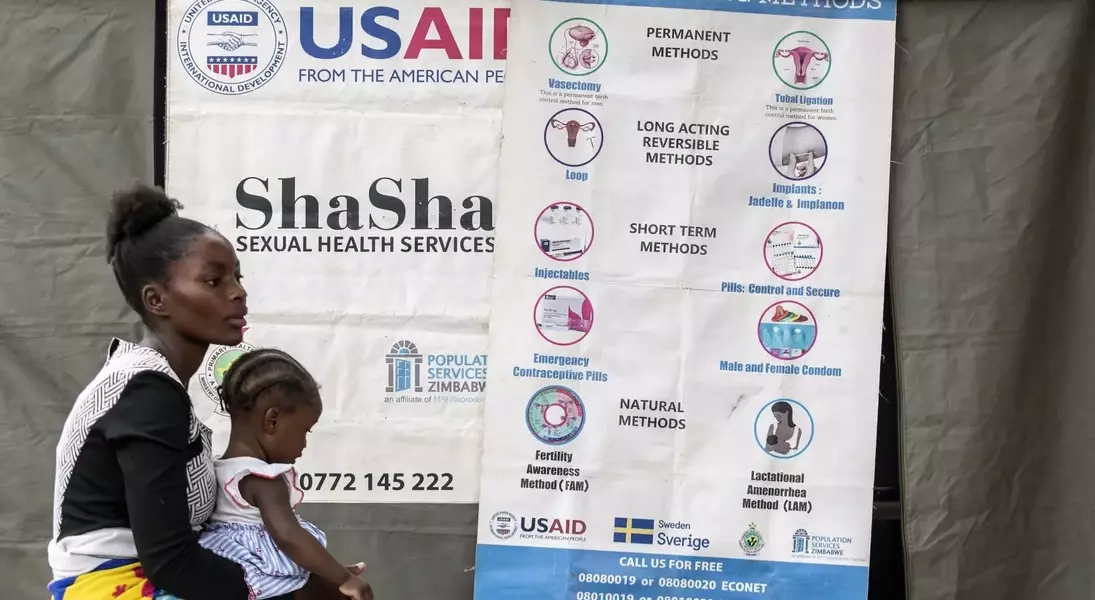
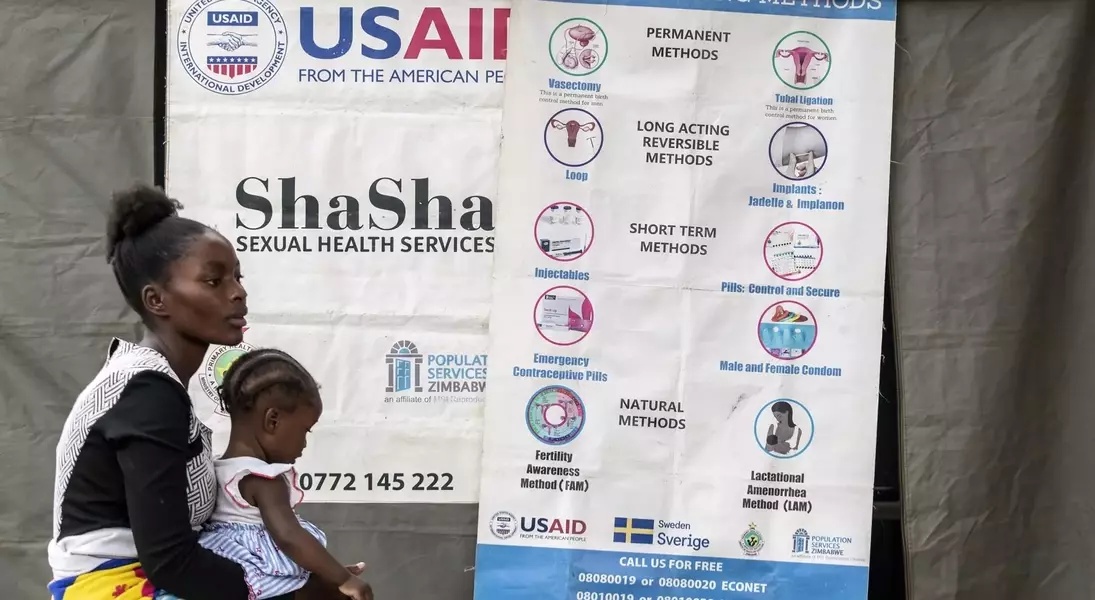
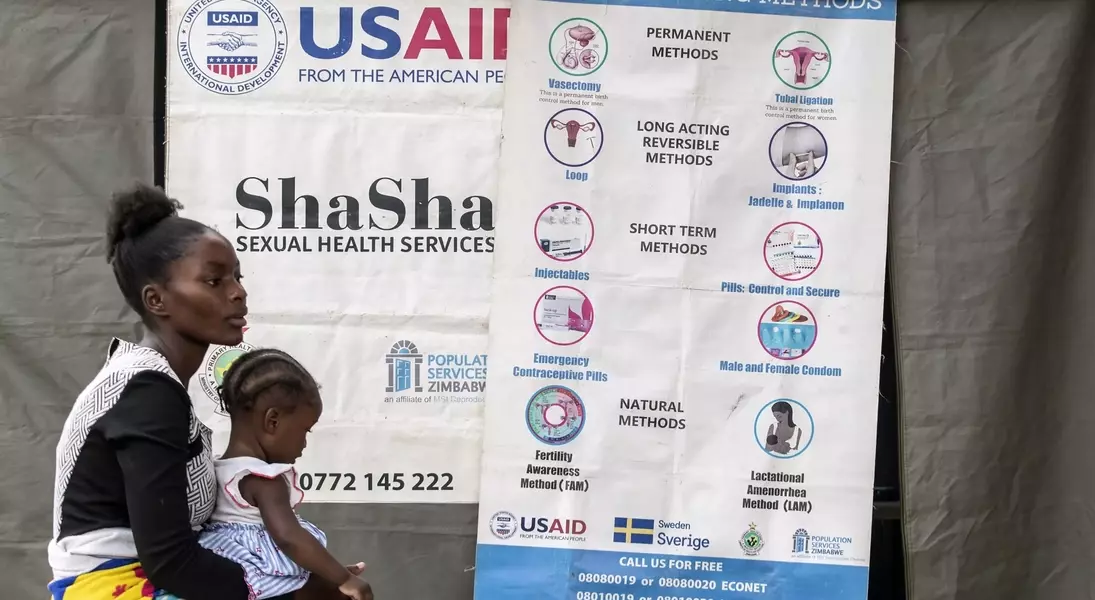


The United States government's contentious decision to incinerate a significant cache of family planning commodities, valued at nearly ten million dollars and intended for women in developing nations, has ignited a fierce global debate. This controversial move, reportedly a consequence of the current administration's reduction in international assistance, has drawn sharp criticism from humanitarian organizations, international bodies, and lawmakers alike. The destruction of these essential medical supplies is seen by many as a dire setback for global reproductive health initiatives, particularly given their potential to prevent millions of unintended pregnancies and reduce maternal mortality in regions with critical needs. The supplies, which include various forms of birth control with expiration dates extending several years into the future, are currently housed in a Belgian warehouse and are slated for incineration in France, prompting urgent appeals for intervention from multiple fronts.
Since the administration's decision to discontinue the U.S. Agency for International Development (USAID) operations and freeze foreign aid earlier this year, a substantial quantity of contraceptives has remained in storage in Belgium. These supplies, encompassing IUDs, implants, and pills, were originally earmarked for distribution to vulnerable populations, notably in sub-Saharan Africa. Despite their vital importance and the extended shelf life, the U.S. State Department has confirmed its intention to proceed with their destruction at a French medical waste facility, incurring an additional cost of $167,000 to American taxpayers. The Department maintains that only a limited number of items will be disposed of, explicitly stating that HIV medications and condoms are not part of this incineration plan.
Numerous international aid organizations, including Doctors Without Borders (MSF), MSI United States, and the United Nations Population Fund (UNFPA), have expressed their deep concern and revealed their unsuccessful attempts to purchase these contraceptives from the U.S. government. Their offers to acquire, re-package, and manage the logistics of distributing these supplies to those in need were reportedly rejected, with the U.S. citing the "Mexico City Policy" as a primary reason. This policy, first enacted in 1984, prohibits foreign non-governmental organizations from receiving U.S. federal funding if they provide abortion services or related information. Critics, including Senator Jeanne Shaheen, argue that classifying these contraceptives as "abortifacient" is a mischaracterization and merely an excuse to justify their destruction, given that these products prevent conception rather than terminate pregnancies.
The impact of this decision on global health and reproductive rights is projected to be significant. Experts from institutions like the Guttmacher Institute estimate that the value of the contraceptives slated for destruction could have provided contraception for hundreds of thousands of individuals for years, thereby averting a substantial number of unintended pregnancies and unsafe abortions. The withdrawal of U.S. funding and the deliberate destruction of these resources are creating considerable gaps in the global framework for reproductive health services, further exacerbating challenges in regions already struggling with limited access to care. This situation underscores a broader concern among humanitarians that political agendas are being prioritized over public health and the well-being of millions.
In response to the impending destruction, there have been concerted efforts to halt the plan. The Belgian government has appealed to the U.S. Embassy in Brussels, exploring alternative options for the stored commodities. Similarly, a coalition of French lawmakers has penned an open letter to President Emmanuel Macron, urging him to oppose the incineration on French soil, asserting that France should not be complicit in such "retrograde policies." They advocate for a joint diplomatic initiative with the European Commission to prevent the destruction and facilitate the redistribution of these essential items. In the U.S., bipartisan legislative action is also underway, with Senators Shaheen and Brian Schatz introducing the "Saving Lives and Taxpayer Dollars Act." This proposed legislation aims to prevent the destruction or waste of foreign assistance commodities like medical devices and food, mandating that all efforts to sell or donate them must be exhausted before any disposal.
The current impasse highlights a critical moment for international aid, reproductive health, and global humanitarian efforts. The global community watches closely as calls for a reconsideration of this decision intensify, emphasizing the potential for these supplies to significantly improve the lives and health outcomes of countless individuals. The destruction of these contraceptives would not only represent a substantial financial loss but, more importantly, a profound setback for the fundamental right to reproductive health worldwide.
